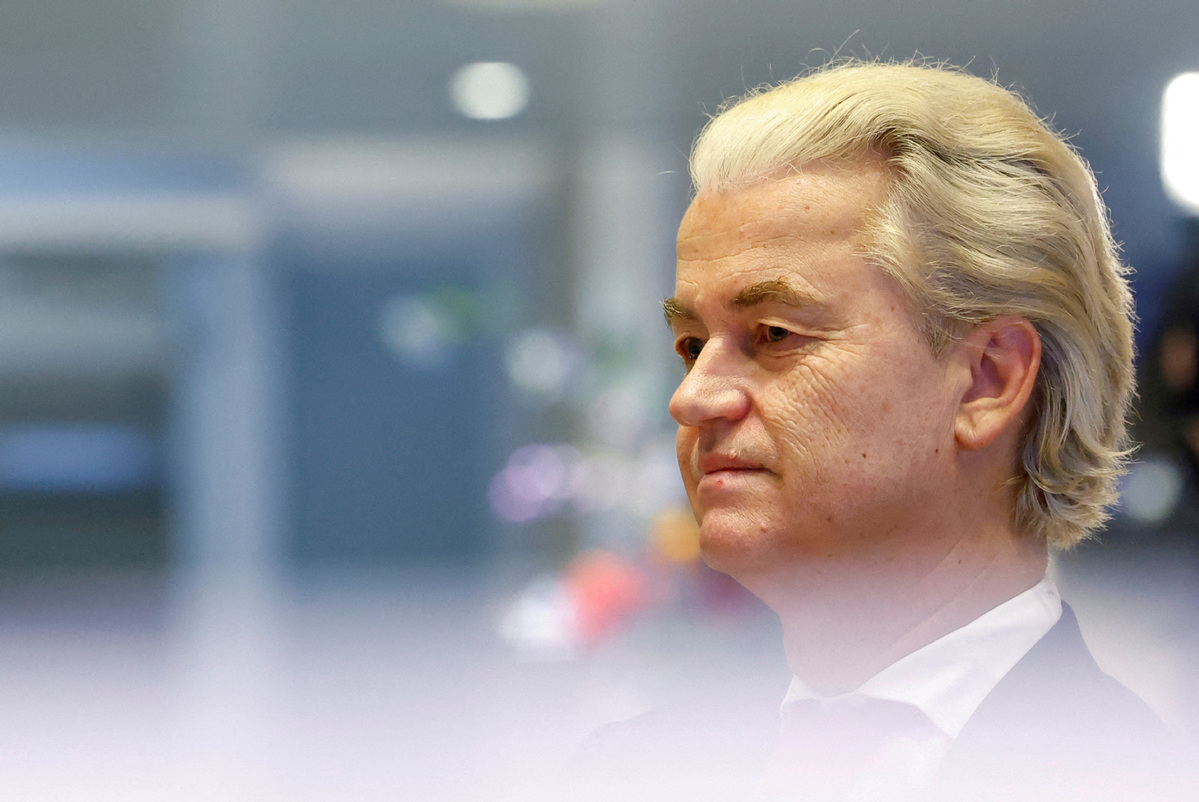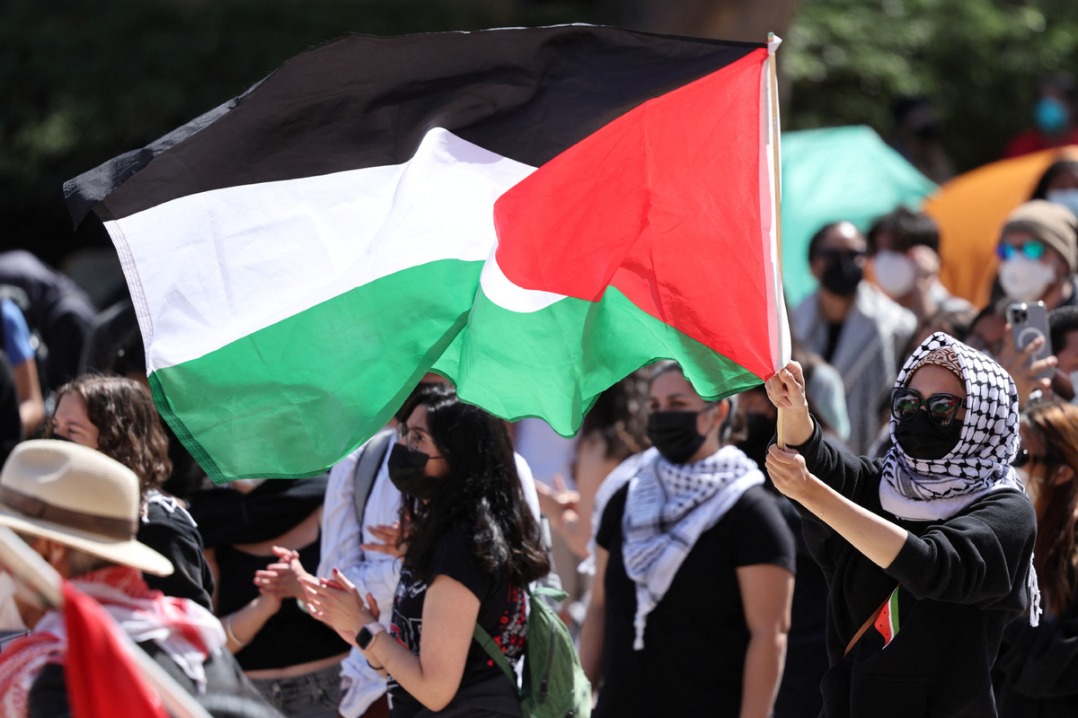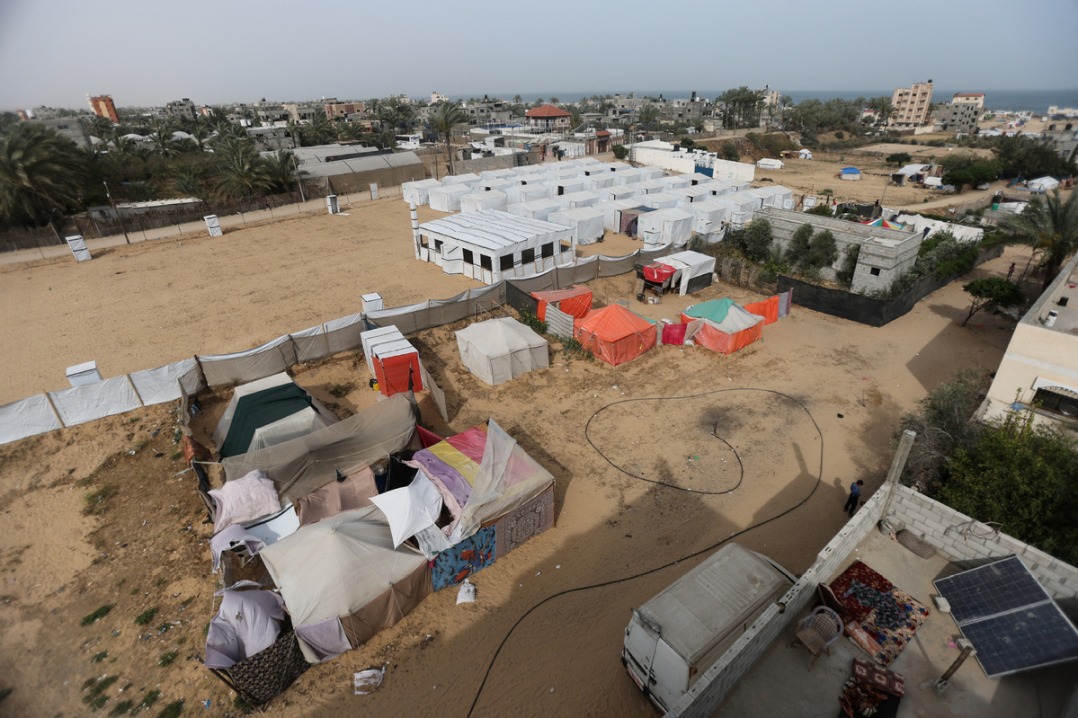Dutch far-right leader says he won't be PM despite win


Geert Wilders, leader of the Netherlands' far-right Freedom party, or PVV, which won the most seats in November's national election, has accepted he will not be the country's next prime minister.
Wilders, who campaigned on anti-Islamic, anti-immigrant rhetoric ahead of the poll, and whose controversial views meant he has been under police protection since 2004, was a surprise winner with the PVV garnering 23 percent of the vote and 37 seats in the 150-seat Parliament.
However, with it falling short of an absolute majority, the PVV will need the support of other parties if it is to govern as part of a ruling coalition.
After two days of "intense" talks involving the PVV, the liberal-conservative VVD, the populist Farmer-Citizen Movement, and the centrist New Social Contract party at an estate on Monday and Tuesday, Wilders announced on social media it is clear to him that, even if the parties agree to form a coalition, he will not lead it.
"I can only become the prime minister if ALL the parties in the coalition support it," he wrote on X on Wednesday. "That was not the case. I would like a right-wing cabinet. Less asylum and immigration."
But he said, "love for my country and voters is bigger and more important than my own position", suggesting he will support the PVV joining a coalition led by someone else.
And he followed up his post by defiantly suggesting he will "still become prime minister of the Netherlands" one day after garnering "the support of even more Dutch people".
"If not tomorrow, then the day after. The voice of millions of Dutch people will be heard!" he wrote.
Wilders' strong personality and radical policies — which at one point included banning mosques, religious headscarves, Islamic schools and taking the Netherlands out of the European Union — were reportedly too much for other party leaders. The Algemeen Dagblad newspaper said talks between Wilders and the other leaders had been full of "poison, mutual sniping, and gossiping".
The rise of far-right parties in the Netherlands is part of a growing trend in Europe, with them now predicted to make significant gains during European Parliament elections in June.
earle@mail.chinadailyuk.com



































